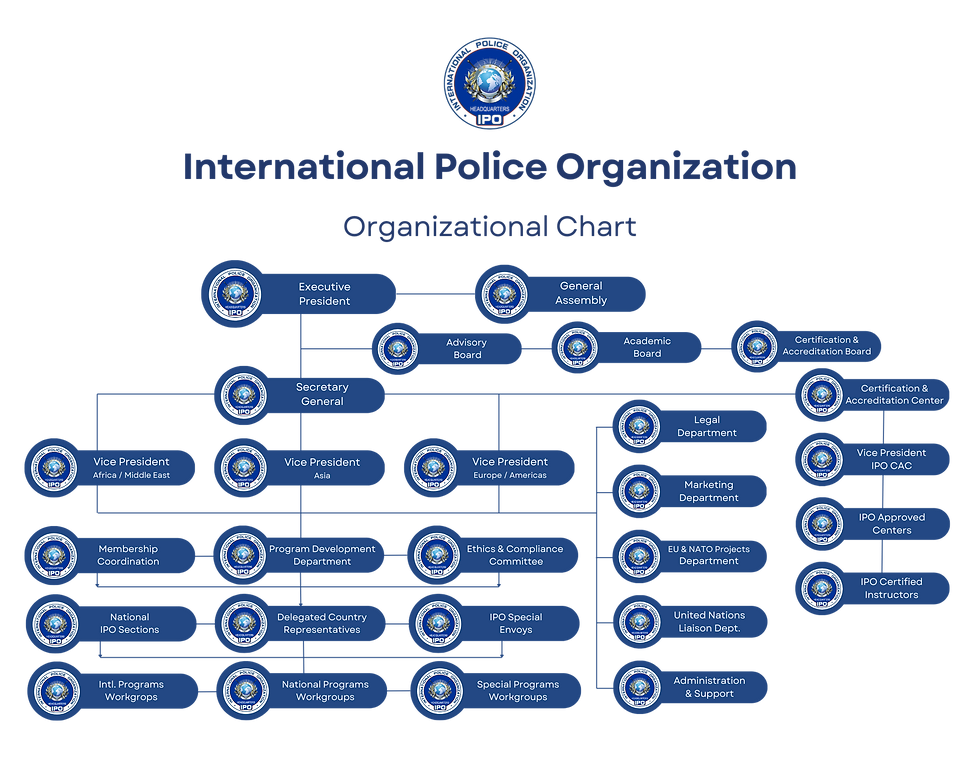Judge Falcone Remembrance Day
- May 23, 2020
- 2 min read

On May 23rd 1992, Sicilian judge and anti-mafia campaigner Giovanni Falcone was assassinated in broad daylight, a crime that marked a turning point in Sicily's history.
Falcone and his wife, magistrate Francesca Morvillo, were killed along with their three security escorts when a bomb exploded under their car on a road near the town of Capaci, in what has become known as the Capaci massacre.
Falcone, who was 53 when he died, spent most of his life trying to fight the mafia, bringing about the so-called ‘maxi trial’ in 1986-1987, which led to the conviction of 342 mafiosi.

Hitmen used more than 500 kilogrammes (half a ton) of explosives in the attack, which was ordered by mafia godfather, Toto Riina, as revenge for Falcone's attempts to break up their syndicate.
But the brutal attack only helped to turn many in Sicily against the mafia and spark change in the region, which had long been in the grip of organised crime families.

“Many people refer to the assassination as something that changed their perception of the mafia,” Carina Gunnarson, a researcher of modern mafia influence in Sicily, told AFP.
“It revealed something about them: the attacks were just incredibly brutal, and everyone was watching the images on television.”
Two months after Falcone was murdered, fellow judge Paolo Borsellino was killed by another car bomb.
The two men, who worked closely together, have posthumously become national heroes, martyrs to the country's ongoing attempts to rid itself of the scourge of organised crime.
The Cosa Nostra first appeared in Sicily in the 1870s and soon infiltrated Italy's economic and political spheres. It has been linked to vote-buying and intimidation cases, especially at a local level.

Settimino Mineo (C), last head of the Sicilian mafia from old school following his arrest at 2018.







Comments